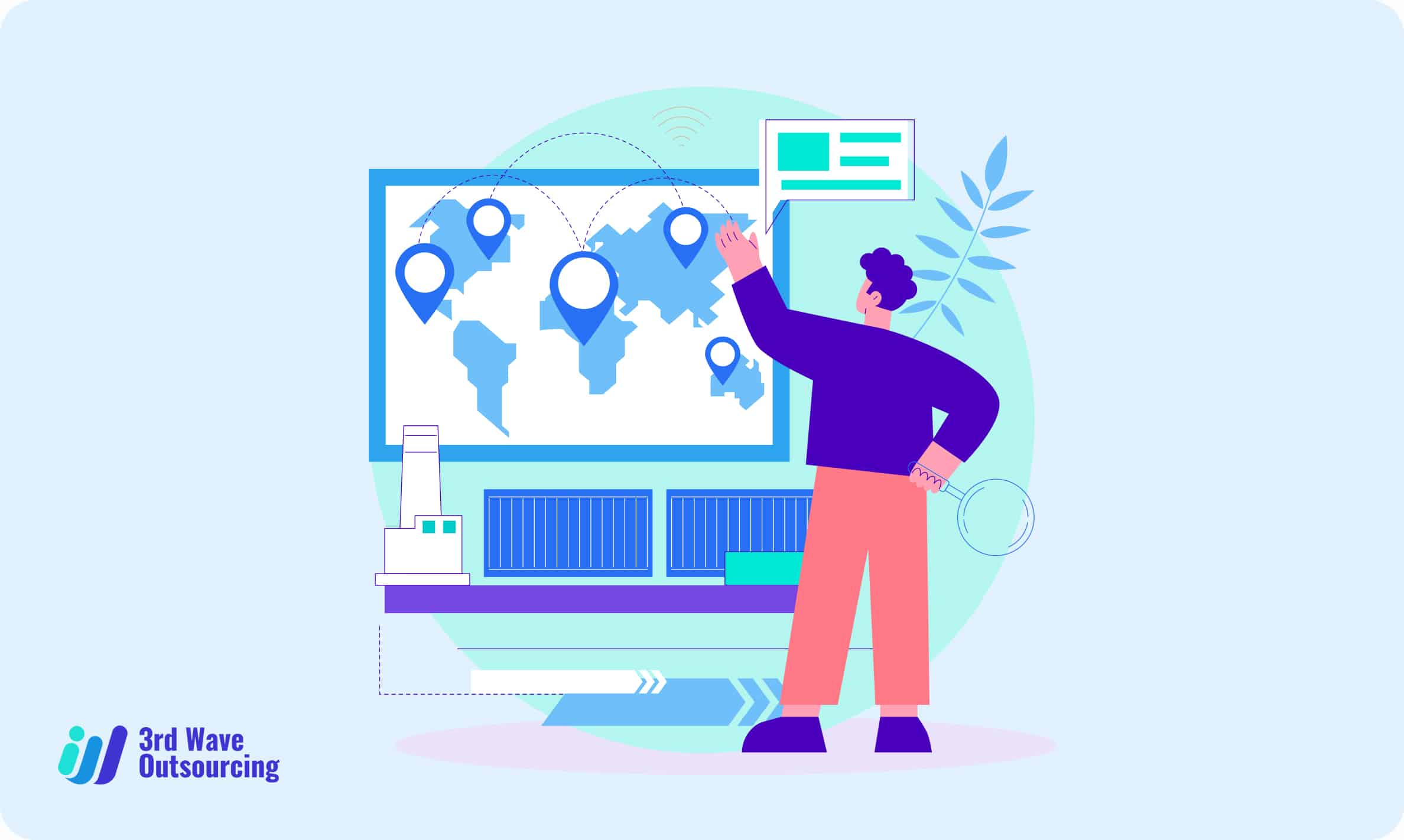Supply chain leaders are seeking new ways to deal with geopolitical turmoil, labor issues, inflation, climate change, supply challenges, and cyber-attacks. Any signs of recovery in areas like manufacturing, semiconductors, and automotive are jeopardized by supply chain disruption. Many are now bracing for a prolonged recovery on unclear terms due to a flurry of events affecting price and materials supply.
New and escalating difficulties necessitate novel solutions. If supply chain leaders originally aimed for perfection, today’s mantras are resilience and adaptability. Those that have a head start on digital acceleration will not be able to relax their focus. They must work quickly to develop predictive and proactive operating models to anticipate and prepare for both seen and unseen challenges.
“With unprecedented challenges in today’s global supply chain, data-driven innovation may be the only way forward,” says Emily Newton, Editor-in-Chief of Revolutionized. This is her take on how big data and analytics can help firms improve efficiency, production, resource management, and spending at all levels of the supply chain.
Data-Driven Supply Chain Innovation
The way businesses function across the supply chain will be totally transformed by data. However, gathering and evaluating data in order to develop solutions is simply the first step. Data will continue to fuel innovation in the next-generation supply chain, boosting resilience and sustainability at all levels.
Manufacturers, for example, can cut waste by improving predicting and automating production with significant data. AI and robotics will improve the quality control process, allowing producers to collect even more data for future improvements. Similarly, warehouses and shipping organizations may minimize waste and increase efficiency by automating the picking and packing process.
In the coming years, collaboration and transparency will be key to improving the supply chain’s state. With cutting-edge logistics, manufacturers, merchants, and transportation businesses must be able to collaborate successfully and in real-time. Many companies are already partnering with third-party logistics providers as a result of this. Logistics experts, both asset-based and non-asset-based, will be vital to the future of the data-driven supply chain.
Logistics coordination guarantees that all of the data is available and that the various elements of the supply chain are running as efficiently as possible. In warehousing, logistics is very critical. With so many different products to maintain, it’s simple for warehouses to operate inefficiently without anyone noticing. Data-driven logistics, according to experts, would dramatically improve visibility within warehouses. This allows for inventory management, workforce management, and automated warehousing to be optimized.
Robotics and Artificial Intelligence
Virtually every business is already being transformed by robotics and artificial intelligence (AI). These technologies will play an important role in the data-driven supply chain, assisting in the collection and application of big data.
For years, robotics has been on the increase in the supply chain. Experts have long predicted that in the next years, robots will become an integral element of the supply chain’s employment. These devices, which range from robotic arms to roving courier robots, are filling in the gaps in the supply chain’s labor shortfall. They provide warehouses with a competitive advantage through next-generation efficiency and productivity, as well as assisting staff in working safer and smarter.
However, physical robots are supported by software and data that are as significant. The key to moving robots beyond mere machines is artificial intelligence. It’s also critical to have fully automated warehouses and manufacturing facilities to assist eliminate supply chain delays.
Artificial intelligence can sift and analyze enormous amounts of data more quickly and accurately than humans can. This enables detailed, accurate logistical simulations and predictions, as well as optimal operational efficiency. In reality, AI may be used to automate customer support, allowing merchants and shipping businesses to stay on top of things during busy periods.
Today’s Supply Chain Advancement
The global supply chain is facing unprecedented difficulties. It will take time to mend and improve the situation, but technology can assist. In order to survive and prosper, the supply chain is already evolving and adapting, becoming data driven. At every stage of the supply chain, data will enable recovery and long-term growth. Manufacturers, merchants, suppliers, shipping businesses, employees, and customers will all profit from this pervasive digital change.
Learn how global top talents can help your organization acquire a more resilient supply chain, including improved sustainability, digital transformation, and workforce evolution. Request a FREE copy of the e-book on Third Wave Outsourcing.


